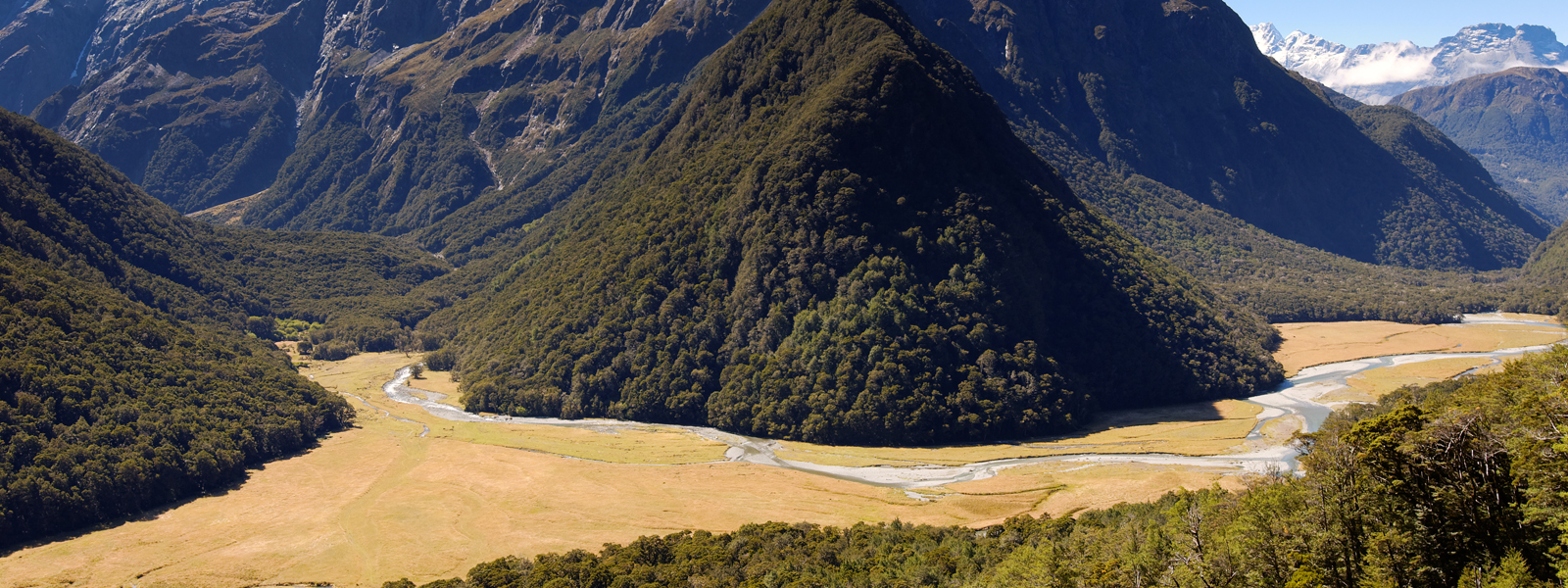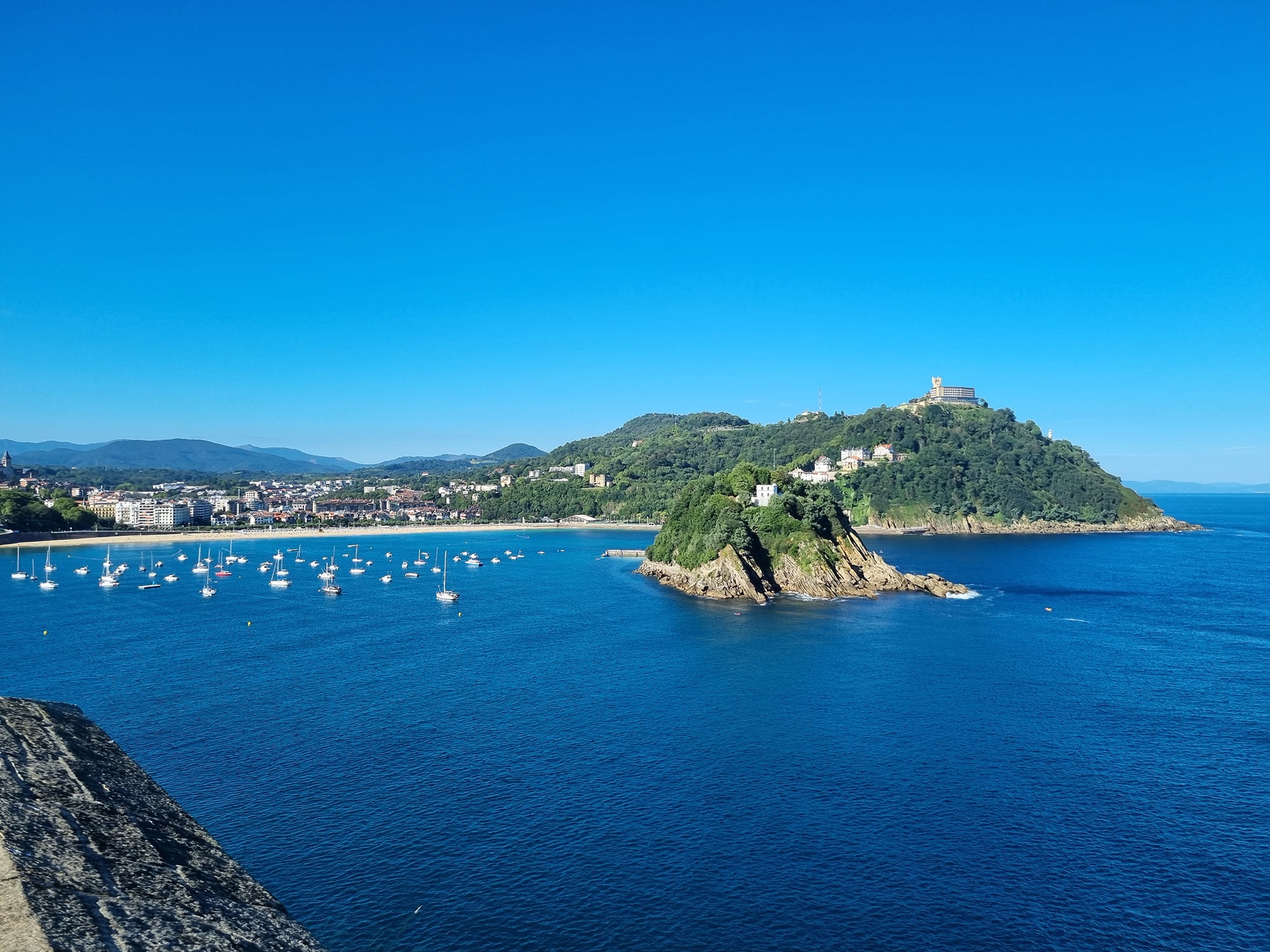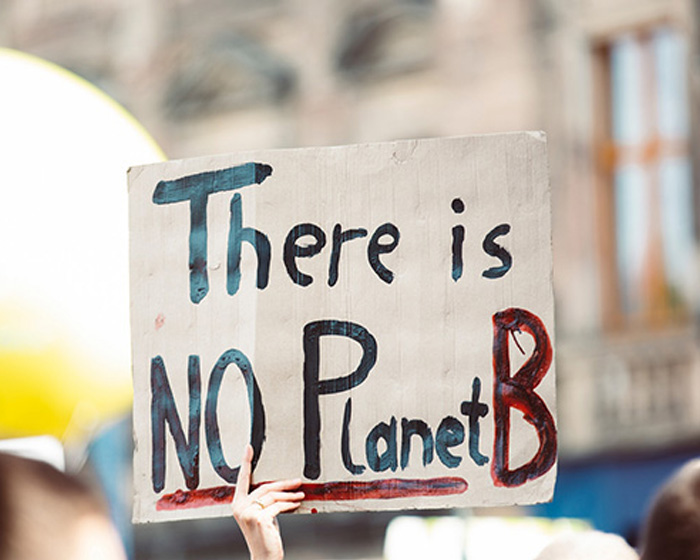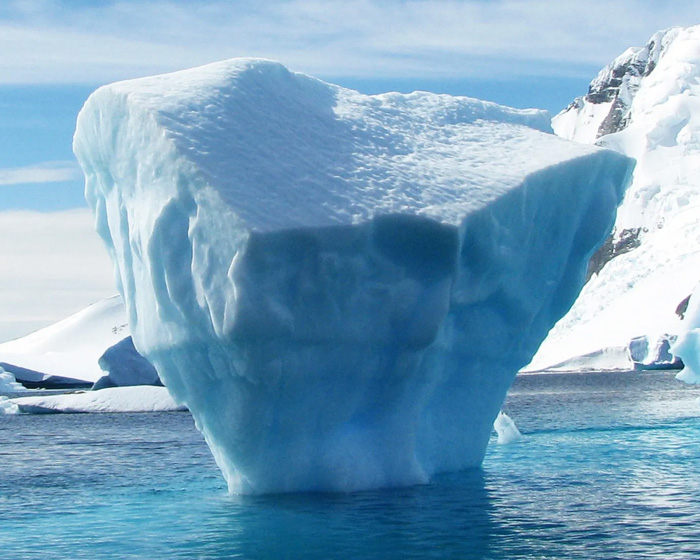Research

Welcome
To establish the University’s standing and increased reputation for quality research and strategic partnerships with funders, government, and business, we have chosen to actively place research centres and groups at the heart of our strategic plans.

Catchments and Coasts Research Group
Catchment and coastal processes affect billions of people across the globe in the most diverse ways, e.g. by providing water resources and natural habitat, by providing suitable grounds for extensive agricultural activity, human settlements and recreational environments, as a host of abundant biodiversity, and as a source of threats from natural disasters such as flooding or erosion.

Development, Inequality, Resilience, and Environments (DIRE)
Development, Inequality, Resilience and Environments addresses the most urgent and immediate threats to the resilience of human-environment systems and seeks to understand the complex interactions between societies and the landscapes they inhabit that precipitate vulnerability, including rural and urban dynamics.

Lincoln Climate Research Group (LCRG)
Tackling climate change and reversing environmental degradation are among the most important tasks facing the world in the 21st century. University of Lincoln climate researchers are developing innovative solutions to the challenge of sustainability through inter-disciplinary research in key areas, including climate science, impacts, adaptation, policy, and governance.
Contact Us
Department of Geography, College of Health and Science
University of Lincoln, Think Tank, Ruston Way, Lincoln, LN6 7DW
Tel: +44(0)1522 835820